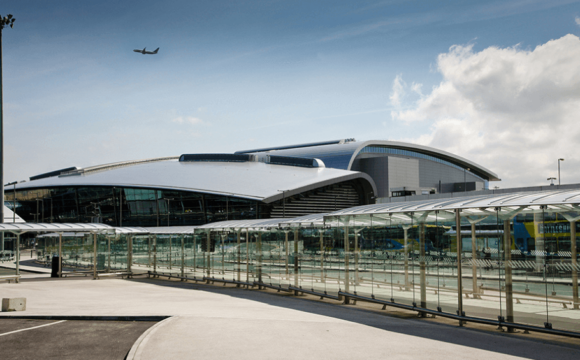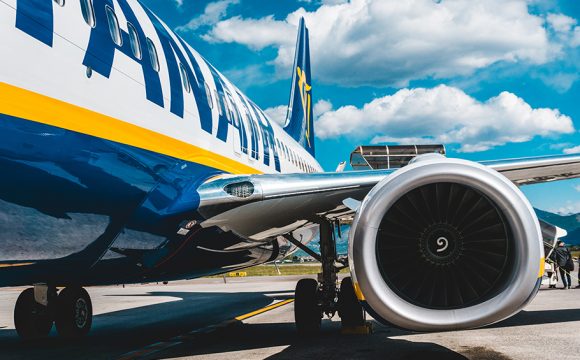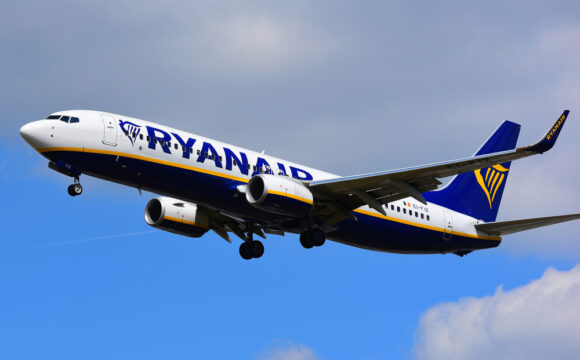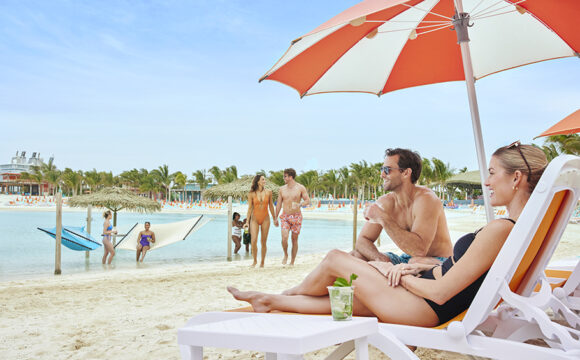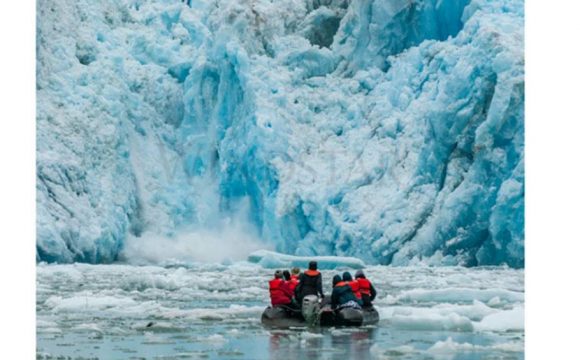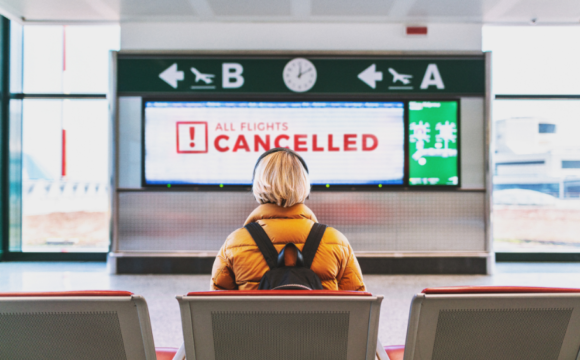Northern Ireland is currently experiencing a heatwave (July 22) and it’s sure to make anyone ponder on an international holiday to soak up the sun once the rain appears again.
Restrictions on international travel have began easing for the UK and Northern Ireland, however, changes are still in place to the way we once knew travelling.
The travel light system in place for Northern Ireland has recently moved to allow those that are fully vaccinated travelling from an amber or green list country do not have to quarantine on arrival into Northern Ireland. The requirement for a Day 8 PCR test when travelling to Northern Ireland (if fully vaccinated) has also been scrapped.
Those arriving back in Northern Ireland, no matter what vaccination status, will still have to complete a Day 2 PCR test and a passenger locator form upon arrival.
An Industry source has explained how: “Requirements vary from country to country, depending on where you’re travelling from and also where you’re arriving into.
“We would have customers who are living in Northern Ireland but arriving into Dublin so you have to be aware of the regulations in Dublin first and then what has to be done when travelling back to NI.”
“Although some countries may be on the amber list, you have to look at the Foreign and Commonwealth Office (FCO) guidance because if they advise against travel, that means most insurance will be null and void.”
“And make sure you have adequate insurance in place that covers Covid, should you get it before you go and because so much testing is required prior to arriving back to NI.”
We’ve had a look at the top holiday destinations in summer for the UK and NI residents to map out the restrictions and requirements needed to travel to and from these countries.
Spain
Spain is the most popular destination for Northern Irish travellers to visit, especially over the summer months . With Spain having 17 regions which includes the Canary Islands, a variety of restrictions and requirements are needed, depending on the region you are visiting.
At the moment, bars and restaurants in Spain are only opened until 11pm and some beaches within the different regions may have different rules around mask wearing and size of groups.
Currently, fully vaccinated travellers must have proof for vaccination upon arrival and fill out a passenger locator form- a PCR test is not required unless not fully vaccinated.(fully vaccinated individuals should have their second does of vaccination at least 14 days before arrival)
Portugal
Portugal, much like Spain, will require a 14 day quarantine period unless fully vaccinated 14 days prior to arrival. Vaccinations must be approved by the EU which includes the Pfizer, AstraZeneca or Moderna vaccine.
Unlike Spain, all travellers, including those that are fully vaccinated, must provide proof of a negative PCR test to travel to mainland Portugal. Children aged between 12 and 17 are also required to provide a negative PCR test and those under 11 do not.
Portugal is made up of different regions which can vary in terms of requirements depending on the risk level within the region.
Cafes, restaurants and shops are operating reduced hours throughout the country and nightclubs are also closed.
Weekend trading hours may also differ with shops possibly closing earlier than 9pm depending on the type of shop.
Greece
The sun-filled Island hosts a large number of NI tourists every year with the hope that is year will be no different.
Currently, travellers arriving in Greece must complete a passenger locator form, the same as Portugal and Spain. Travellers must also produce a negative PCR test before arrival unless fully vaccinated with EU-approved vaccinations and those providing this information will not be required to quarantine.
Unlike Spain and Portugal, arrivals may have to completed a rapid Covid-19 test and if positive then the individual, along with those they are travelling with, will have to self-isolate in the designated quarantine hotels for at least 10 days.
Bars, cafes and restaurants are opened but with a 10 person limit on seating at one table and there are also restrictions on the number of people allowed to enter a shop at one time.







